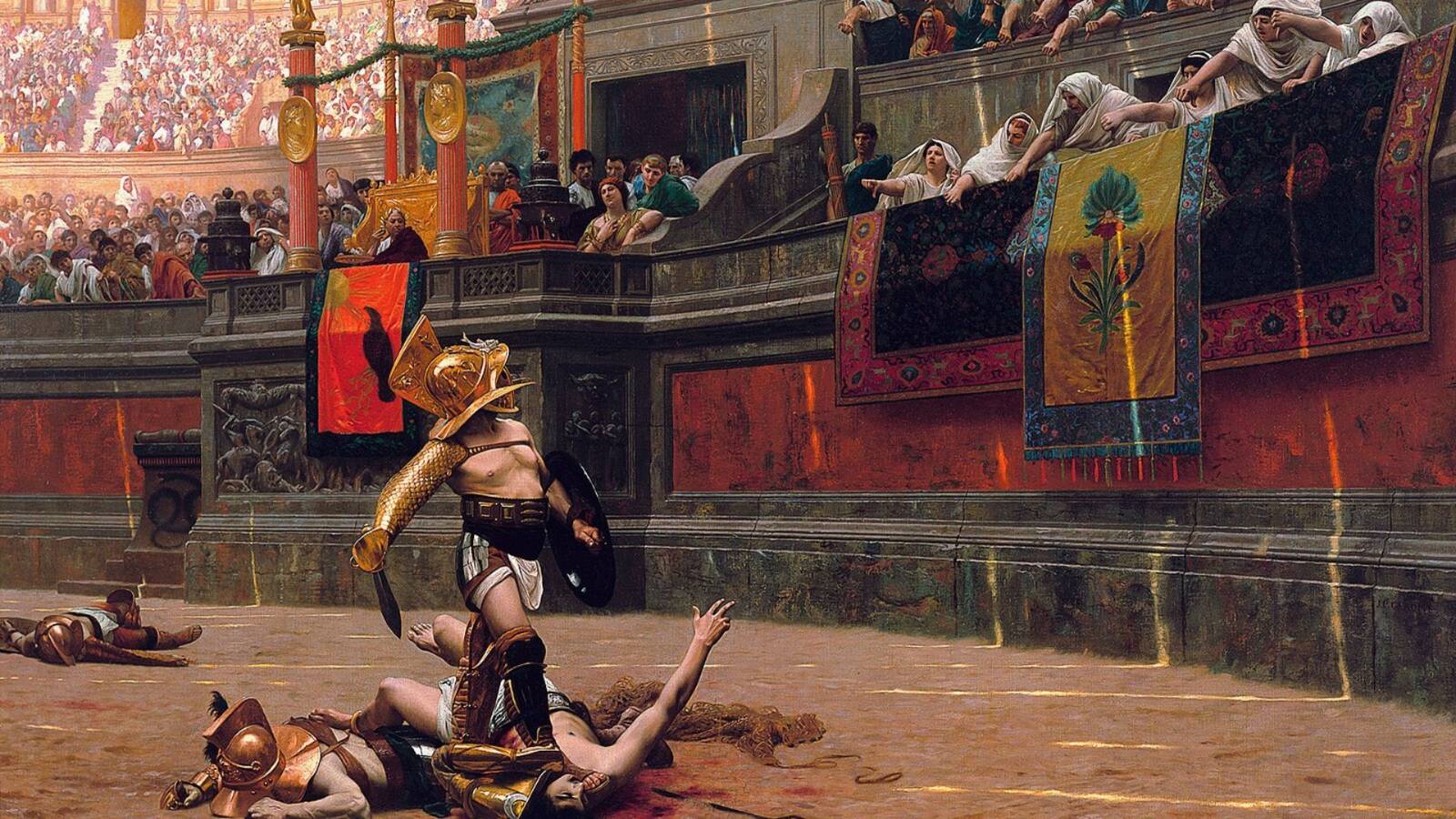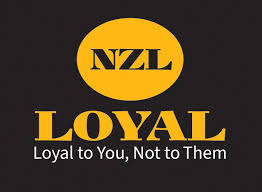A 1% Transaction Tax: A Simpler, Fairer Way to Boost New Zealand’s Economy
Imagine a world where you pay no income tax, no GST, and no company tax—just a tiny 1% tax on every money transfer, like when you buy groceries or pay a bill. The New Zealand Loyal Party wants to make this happen, replacing all our current taxes with this one simple tax. They also have a plan to pay for roads, hospitals, and schools without borrowing money from overseas banks, which saves us billions. Here’s how it works, why it’s fairer, and how it could make life better for Kiwis.
What Is a 1% Transaction Tax?
A transaction tax is a small 1% charge on every time money moves:
– Buy a $100 coffee machine? Pay $1 tax.
– A business pays $10,000 to a supplier? Pay $100 tax.
– A bank moves $1 million? Pay $10,000 tax.
It replaces:
– Income tax: The money taken from your paycheck (10.5% to 39%).
– GST: The 15% added with most things you buy, like food or fuel.
– Company tax: The 28% businesses pay on profits.
– Other taxes: Like fuel taxes or ACC levies.
Because money moves a lot in New Zealand—billions every day through bank cards, transfers, and trades—this tiny tax could raise enough to run the country.
Why Is This Fairer?
Our current taxes aren’t always fair:
– Low earners get hit hard by GST on essentials like groceries.
– Wealthy people avoid taxes by putting money in trusts or making untaxed profits from houses or shares.
– Big businesses use tricks to pay less tax, leaving workers and small companies to pick up the slack.
The 1% transaction tax is fair because:
– Everyone pays the same rate: 1% for you, 1% for a millionaire. No exceptions.
– Big players pay more: Banks, rich investors, and companies move huge amounts of money, so they’d pay way more tax than you.
– It’s simple: No complicated tax forms or loopholes. You know exactly what you’re paying.
– It’s gentler: Instead of 15% GST on a $100 shop, you pay $1. That’s it.
In 2023, New Zealand collected $78 billion in taxes. The total money moving around (like payments and bank transfers) is probably $5–10 trillion a year. A 1% tax on $7 trillion could bring in $70 billion—enough to replace our current taxes.
How This Helps New Zealanders and the Economy
This plan, combined with the Loyal Party’s idea to create money without borrowing, could make life cheaper, create jobs, and grow the economy. Here’s how it helps in key areas.
1. Cheaper Transport
Right now: Fuel taxes (70 cents per liter) and GST (15%) make driving and shipping goods expensive. This bumps up the price of everything, from groceries to bus fares.
With the 1% tax:
– No fuel tax or GST. Filling up $100 of petrol? You’d pay just $1 tax, saving about $20 per tank.
– Trucking companies save big on fuel and parts, so they charge less to deliver goods. This means cheaper food, clothes, and more.
What it means: You spend less on driving or public transport. Businesses save on shipping, so exports (like dairy or meat) get cheaper, and more tourists visit. In 2023, transport costs were a big chunk of household budgets—savings here help everyone.
2. Stronger Manufacturing
Right now: Factories pay GST on materials (like steel or wood) and company tax on profits. This makes New Zealand-made stuff more expensive than imports.
With the 1% tax:
– No GST on materials. Buying $100,000 of supplies? Pay $1,000 tax instead of $15,000.
– No company tax means factories keep more money to buy machines or hire workers.
– Simpler rules save small businesses on accounting fees.
What it means: New Zealand products (like food, furniture, or machinery) get cheaper and compete better with imports. In 2023, manufacturing added $20 billion to our economy—this could grow, creating more jobs.
3. Banks Pay Their Share
Right now: Banks move billions daily (loans, investments) but only pay tax on profits, which they shrink with clever accounting. In 2023, big banks made $7.2 billion in profits but paid just $2 billion in tax.
With the 1% tax:
– Every bank transfer gets taxed. Move $1 billion? Pay $10 million tax. This catches all their activity, not just profits.
What it means: Banks, which many Kiwis think make too much money, finally pay a fair share. This means less tax burden on regular people.
4. Stock Market Chips In
Right now: People trading shares on the NZ Stock Exchange (NZX) often don’t pay tax on profits unless they trade a lot. Wealthy investors benefit most.
With the 1% tax:
– Every share trade pays 1%. Buy $10,000 in shares? Pay $100 tax. Fast traders who move millions daily pay heaps.
– In 2023, about $40 billion in shares were traded on the NZX. A 1% tax could raise $400 million.
What it means: Rich investors contribute more, making the system fairer. The tax is so small it won’t scare away regular investors.
5. Paying for Government Without Borrowing
Right now: The government spends $135 billion a year (2023) on things like hospitals, schools, and welfare. It pays for this with taxes and by borrowing money, which costs $4.5 billion in interest yearly. That’s money leaving New Zealand to overseas banks.
Loyal Party’s plan:
– The 1% tax could raise $70–100 billion, enough for health ($26 billion), education ($18 billion), and more.
– For big projects like roads or hospitals, the government creates its own money through the Reserve Bank, without borrowing. Build a $1 billion bridge? Just create $1 billion, backed by the bridge itself. No interest to pay.
What it means: No more interest payments draining our economy. In 2023, New Zealand’s debt was $90 billion. This plan could shrink it, freeing up money for better services or lower taxes.
6. More Money in Your Pocket
Right now: A worker earning $50,000 pays about $7,420 in income tax and $3,000–$4,000 in GST. That’s $10,000+ gone.
With the 1% tax:
– No income tax or GST. You might pay $500–$1,000 a year in transaction taxes, depending on how much you spend.
– A $1,000 TV costs MOQ (15% GST) drops to $850 plus a $8.50 tax. You save $141.50.
What it means: You keep more of your paycheck, so you can spend or save more. Cheaper goods mean your money goes further.
How This Grows the Economy
The Loyal Party’s plan is about making New Zealand thrive:
More jobs: Cheaper transport and manufacturing mean more work in factories, construction, and logistics. In 2024, 4.8% of Kiwis were unemployed—this could drop to 3% or less.
Lower prices: No GST means everything from groceries to appliances costs less.
– Stronger businesses: Small companies save on taxes and red tape, so they can grow and hire.
– No foreign debt: Creating our own money for projects stops billions going to overseas interest payments.
In 2025, the economy is expected to grow by 1.4% (IMF data). With this plan, it could hit 2–3%, like when Australia boosted its economy after 2008. More money circulating means more spending, more jobs, and a happier New Zealand.
Could Anything Go Wrong?
This plan is exciting, but there are things to watch out for:
– Will it raise enough? We need to know exactly how much money moves in New Zealand. If the tax brings in less than expected, the government might need to adjust.
– Price rises? Creating new money must be careful. Too much could make things more expensive. In 2024, prices rose 2.2%—we’d need to keep this low.
– Banks and traders: They might move less money to avoid the tax, but 1% is so small it probably won’t stop them.
– Big change: Switching taxes takes time and planning to avoid confusion.
These can be fixed with:
– Good data on money movements.
– Slowly bringing in the new tax while cutting old ones.
– Only creating money for real projects, like bridges or schools.
– Clear updates to keep everyone confident.
Why This Could Work
– Lots of transactions: Money moves way more than our $410 billion economy suggests—maybe $5–10 trillion a year. A 1% tax on $10 trillion = $100 billion, more than the $78 billion in taxes we collect now.
– Spending covered: The tax plus new money could pay for the $135 billion government budget without loans.
– Savings: No interest payments ($4.5 billion a year) means more for schools, hospitals, or you.
– Growth: Lower costs and more jobs could make our economy boom.
The Bottom Line
A 1% transaction tax and the Loyal Party’s no-debt money plan could make New Zealand fairer and richer:
– You save: No income tax or GST means more money for you.
– Cheaper stuff: Lower transport and manufacturing costs cut prices.
– Big players pay: Banks and stock traders chip in more.
– No debt burden: New money for projects saves billions in interest.
– More jobs: A growing economy means work for everyone.
This could mean cheaper groceries, bigger paychecks, and a fair system where everyone pays the same small tax, but the rich contribute more because they move more money. It’s a big idea, but with careful planning, it could make New Zealand a better place to live.
Data Sources:
– Taxes collected: $78 billion (Inland Revenue, 2023/24).
– Economy size: $410 billion; spending: $135 billion; debt: $90 billion (Stats NZ, Treasury, 2023).
– Inflation: 2.2%; unemployment: 4.8% (Stats NZ, 2024).
– Bank profits: $7.2 billion (KPMG, 2023).
– Stock market trades: $40 billion (NZX, 2023).
– Growth forecast: 1.4% (IMF, 2025).
– New Zealand Loyal Party policies (2023).
















